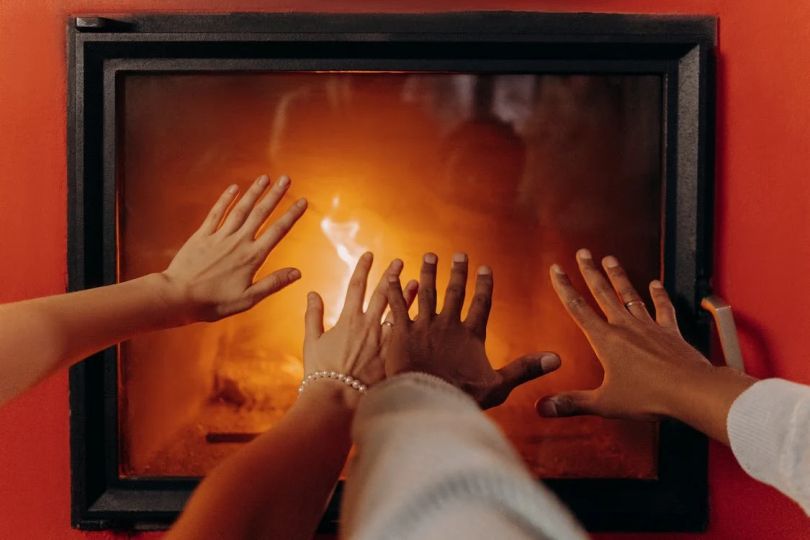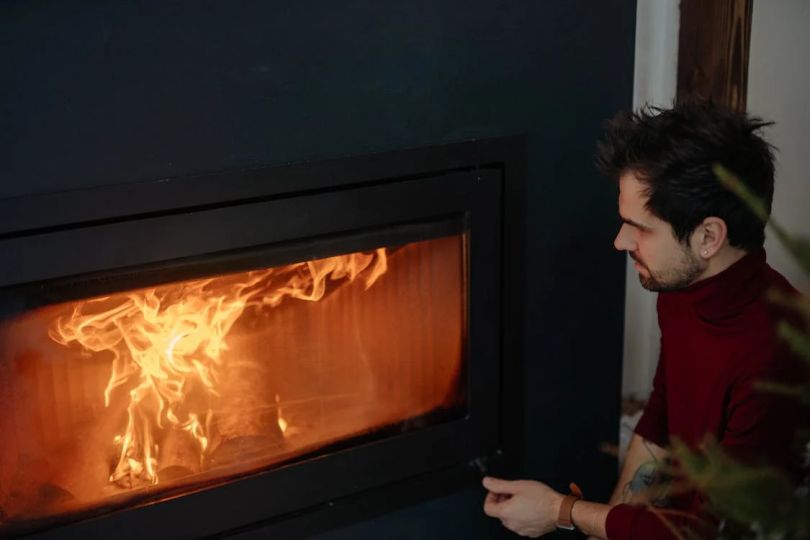Useful Information You Should Know About Home Heating
The majority of us take our heating systems for granted. You probably don’t give your heating much consideration until it begins producing strange sounds or your energy bill begins to rise dramatically for no apparent reason. Almost fifty percent of the average family’s fuel budget goes toward heating and hot water costs. You can save money on fuel and cut down on your carbon footprint by installing a heating system that is both efficient and simple to use. The health of your heating system depends on your familiarity with it, so here is some useful information that you should know about home heating.

What Factors Make Heating Systems Efficient
The effectiveness of heaters is directly related to the weather. Heat pumps are more cost-effective than the furnace in milder climes. A furnace is more cost-effective in really cold climates. You should also pay attention to the fuel oil that you use. For example, home fuel oil is clean and, compared to other fuel sources, has been more cost-effective. The annual fuel utilization efficiency (AFUE) rating is one indication of a heating system’s quality. It indicates the percentage of input energy that is converted into output heat. In other words, the percentage indicates the proportion of energy that is used to heat the house as opposed to being wasted in other ways. An AFUE of 90%, for instance, would be considered very efficient.
In older houses (those older than 30 years), failing to replace the heating system might result in a significant amount of wasted energy and money due to outdated AFUE requirements. You may cut your heating costs by as much as half by upgrading or replacing your current system. Nevertheless, in a practical sense, you need to pick one that works with your home’s energy source, not just one with a high AFUE rating. Some properties are solely wired for electric heaters, while others may also use natural gas.
Setting Your Thermostat Higher Won’t Heat the House Any Faster
It’s a common misconception that a higher temperature setting on the thermostat would result in a more quickly heated household. If the house is only 65 degrees when you return from vacation, you could crank up the thermostat to 77 in the hopes of reaching your preferred 70–72 degrees more quickly. The truth is that regardless of how high you set the thermostat, your house will heat up at the same rate. If you set the thermostat higher than you desire, you’re more likely to forget and have to lower it. It’s a common misconception, yet it leads to energy waste (and a hotter home) for many homeowners.
The Average Lifespan of a Furnace
Your furnace, among your home’s equipment, is likely to have the longest service life. These days, furnaces typically survive between 15 and 20 years. Dishwashers and microwaves, on the other hand, are fortunate to last a decade, while air conditioners last little more than ten to fifteen. Of course, preventive maintenance may extend the life of your furnace and increase the likelihood that it will last for more than 20 years.
Is There Eco-Friendliness to Home Heating Systems?
The subject of whether or not residential heating systems are environmentally beneficial is a common one. The system type you choose will determine the answer to this question. No emissions are produced by certain home heating systems like electric heaters, making them particularly eco-friendly. Some home heating systems may be less eco-friendly since they release pollutants that exacerbate global warming. So, you should choose a home heating system that is compatible with your way of life and your commitment to protecting the environment.

Some Areas Find Electric Furnaces Preferable Than Gas Furnaces
In the United States, natural gas is used in most furnaces to provide heating. But, electric furnaces are also available and may be preferable in some climates. Although the monthly cost of using electricity to heat a home is higher than that of using natural gas, the initial investment and expected lifetime of an electric furnace are cheaper (usually 20-30 years). Gas furnaces are superior to electric ones because they heat a home more rapidly and thoroughly during severe winters. Yet, electric furnaces are typically adequate in places with warmer winters. Electric furnaces are also more convenient to install in remote regions without access to natural gas.
You may save a lot of money on energy costs and lessen your impact on the environment if you know how your home’s heating system works and take measures to maintain its efficiency. From selecting the correct sort of heating system to regular maintenance and insulation, there are different strategies to maximize your house heating. With these guidelines, you can have a cozy house without sacrificing your financial stability or the health of the planet.
